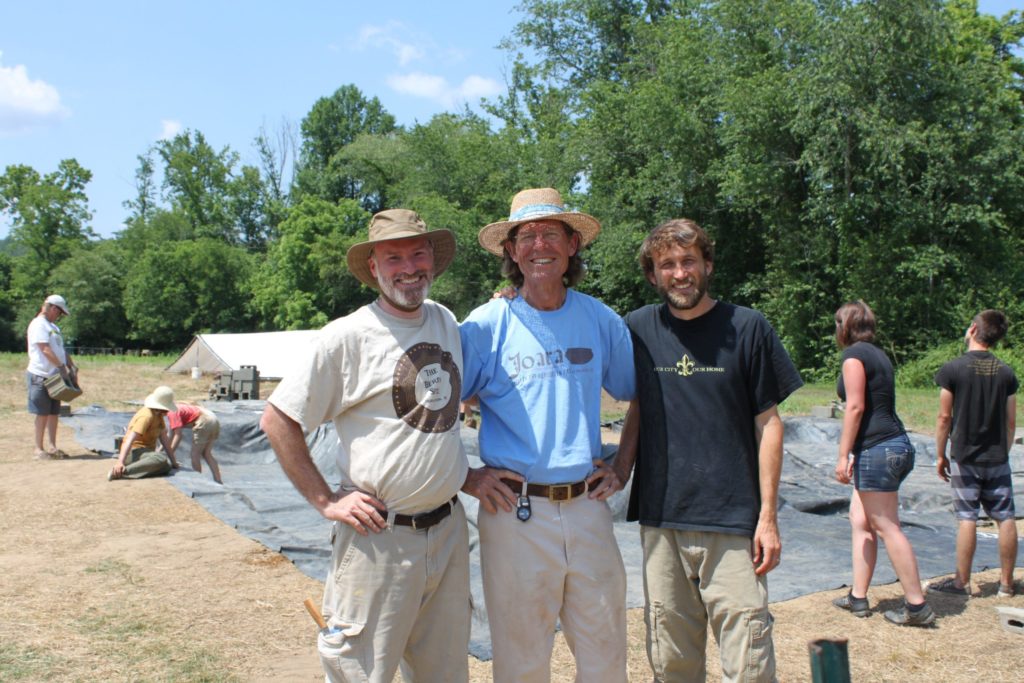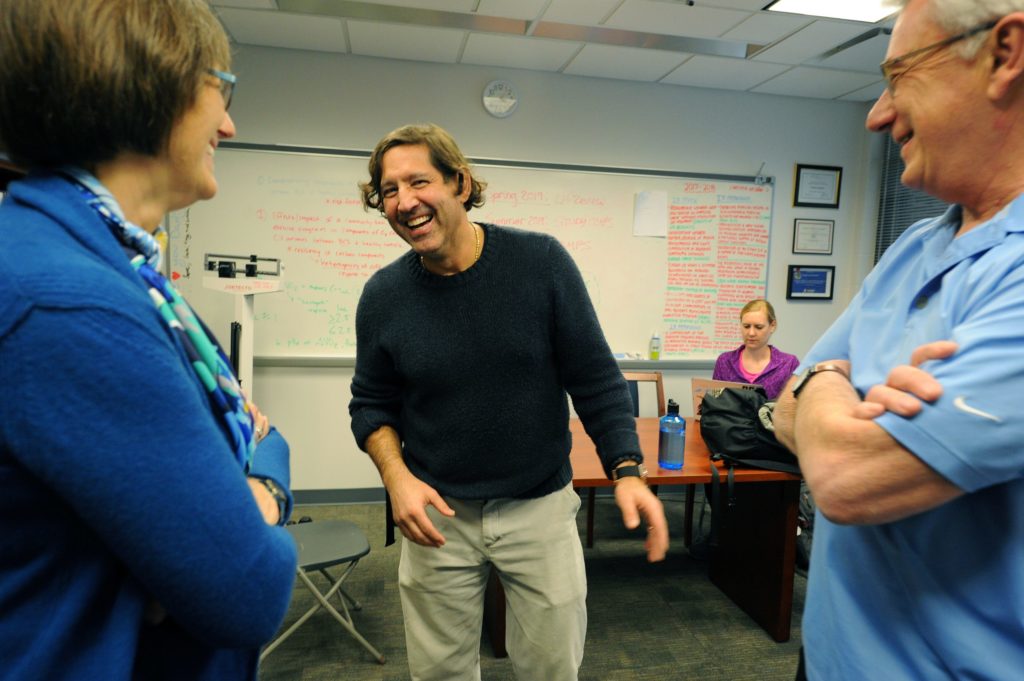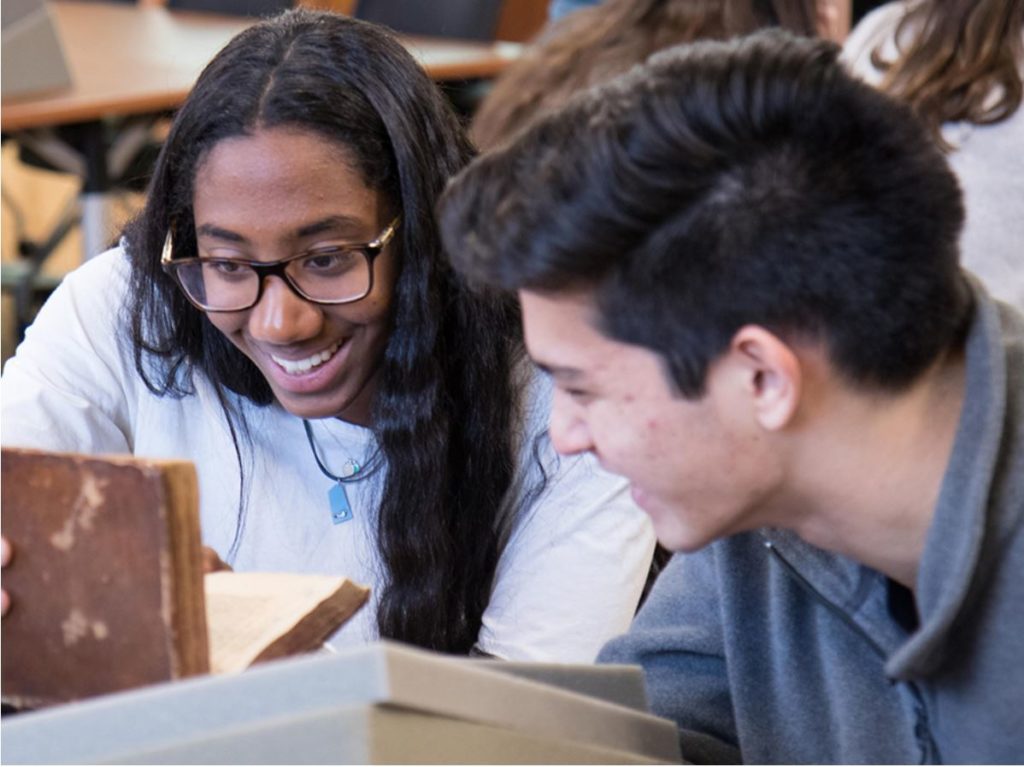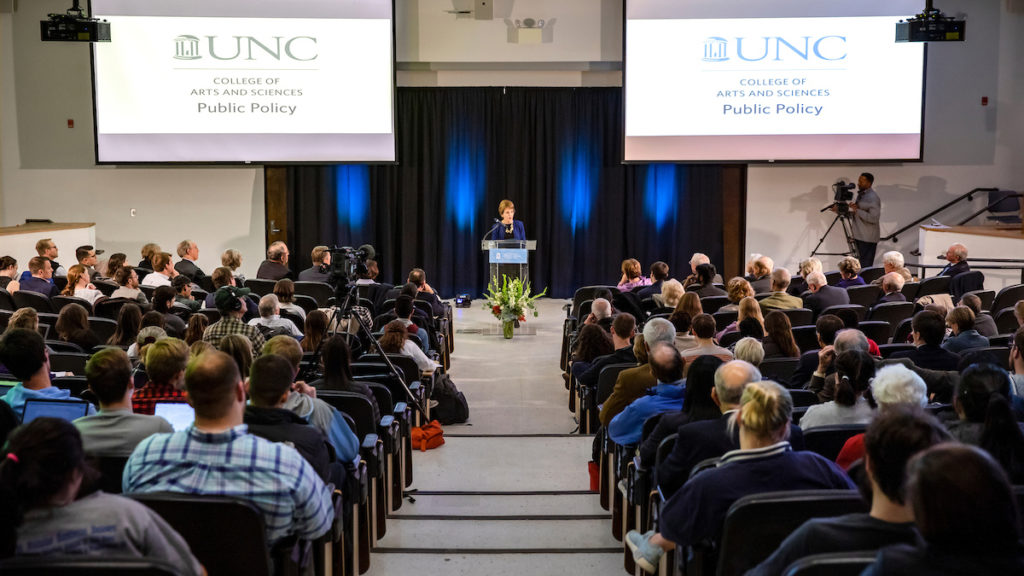Seven students from the University of North Carolina at Chapel Hill were awarded grants under the 2017 Fulbright-Hays Doctoral Dissertation Research Abroad (DDRA) Fellows Program, making Carolina one of the top producers of Fulbright-Hays DDRA fellows.

UNC was awarded more than $200,00 in funding for the program by the U.S. Department of Education. These fellowships allow doctoral students to pursue dissertation research abroad in foreign languages and area studies for 6 to 12 months. During this time, fellows are able to deepen their subject knowledge and develop capabilities not available to them through opportunities in the U.S.
The Fulbright Program, of which the Fulbright-Hays Doctoral Dissertation Research Abroad Program is a part, dates to 1946 when the late U.S. Senator J. William Fulbright sponsored legislation to create the program as a means to increase mutual understanding between the U.S. and the rest of the world. For more information about the Fulbright-Hays Doctoral Dissertation Research Abroad Fellows program at UNC, visit the Center for Global Initiatives website.
The 2017 UNC Fulbright-Hays Doctoral Dissertation Research Abroad Fellows are listed below in alphabetical order.
Achsah Dorsey is a doctoral candidate in the Department of Anthropology. Dorsey’s dissertation, titled “Iron, Infection and Malnutrition in Lima, Peru,” investigates iron deficiency and its connection to negative health outcomes in multi-generational households within a migrant community on the outskirts of Lima, Peru. Her global immersion experience will involve close coordination with clinic staff as well as a local non-profit institution dedicated to research on health and nutrition in Peru.
Carlee Forbes is a doctoral candidate in the Art History Department from Kalamazoo, Michigan. Forbes’ dissertation, titled “Art, Innovation, and Patronage in Colonial-Era Congo,” investigates colonial-era art patronage as a way to better understand the ways that Congolese artists navigated colonialism in the early 20th century. Her global immersion experience will involve visiting archives and museum collections, speaking with experts and interviewing contemporary artists. She will travel to Lubumbashi in the Democratic Republic of Congo and to Brussels, Belgium.
Hannah Jahnke is a doctoral candidate in the Department of Anthropology from Wayland, Massachusetts. Jahnke’s dissertation, titled “Intergenerational Effects of Maternal Stress in the Galapagos Islands,” investigates perinatal maternal stress and its effect on the development of the infant hypothalamic-pituitary-adrenal axis (HPA axis). Her research will include interviews with new and expectant mothers, analyses of psychosocial stress and key stressors on the islands, and biomarker collection.
Samantha King is a doctoral candidate in the Department of Anthropology from St. Louis, Missouri. King’s dissertation, titled “Investigating Transitions in Agricultural Livelihoods: Global Change, Response Diversity and Local Food Production in Dominica,” investigates how small farmers in the Eastern Caribbean are adapting to global economic and environmental change. Understanding these dynamics will advance knowledge on rural development and the sustainability of agriculture and food systems across the social sciences.
Jeffrey Harris is a doctoral candidate in the Department of History from Fairhope, Alabama. Harris’ dissertation, titled “The Struggle for the General Will in the French and Haitian Revolutions,” investigates Haitian revolutionary political ideology. His global immersion experience will focus on archival research in the surviving records from the Haitian Revolution, including the French government’s Colonial Committee records at the French National Archives at Pierrefitte-sur-Seine.
Michael Skalski is a doctoral candidate in the Department of History. Skalski’s dissertation, titled “A Socialist Neighborhood: Unintended Consequences of Cross-Cultural Contacts among Poland, Czechoslovakia and East Germany, 1968-1989,” investigates the archives of the former communist secret police agencies. He will travel to the Czech Republic and Poland, and his findings will contribute to our understanding of the development of neighborly relations in East Central Europe before the collapse of the Soviet Bloc and accession to the European Union.
Alyssa Skarbek is a doctoral candidate in the Department of History from Buffalo, New York. Skarbek’s dissertation, titled “Becoming Zapatista: from Campesinos to Indigenous Rebels in Chiapas, 1934-1996,” investigates the role of cultural transformation in the development of regional support for the 1994 Zapatista Uprising. Her research will rely on national, regional and local archives, as well as oral interviews with Zapatista Army of National Liberation (EZLN) supporters. She will travel to Mexico to explore the connections between two municipalities in Chiapas: San Andrés Sacam Ch’en and Las Margaritas.
Story by UNC Global




